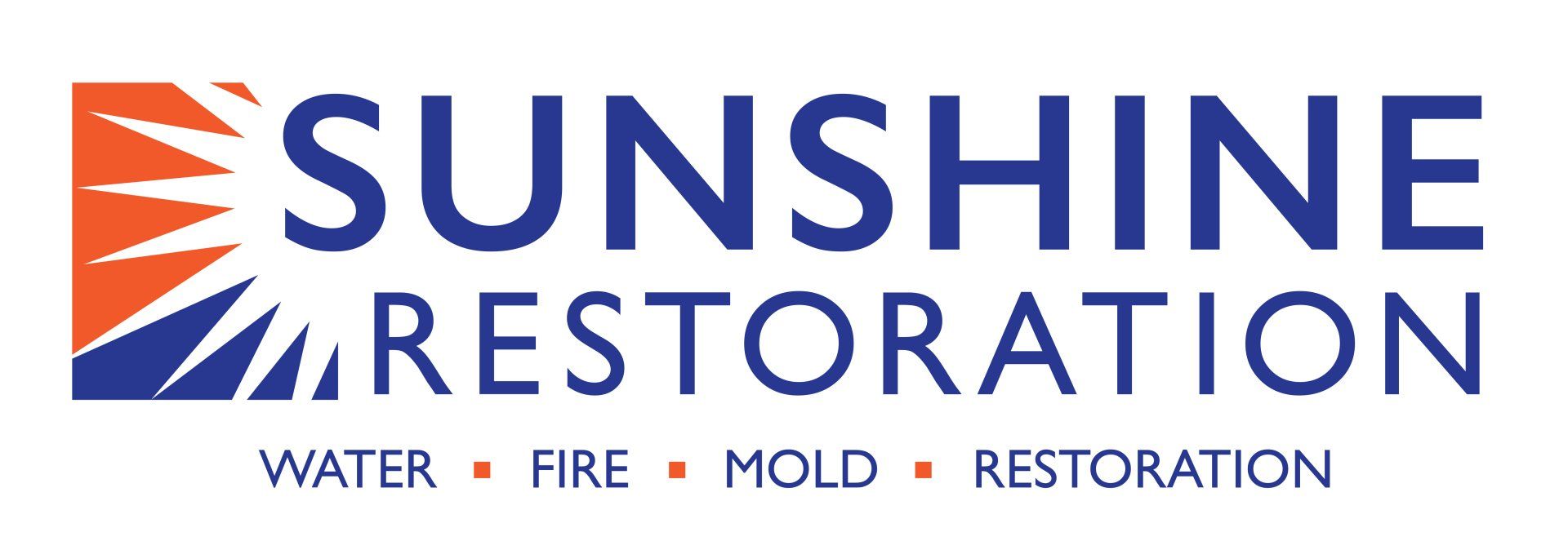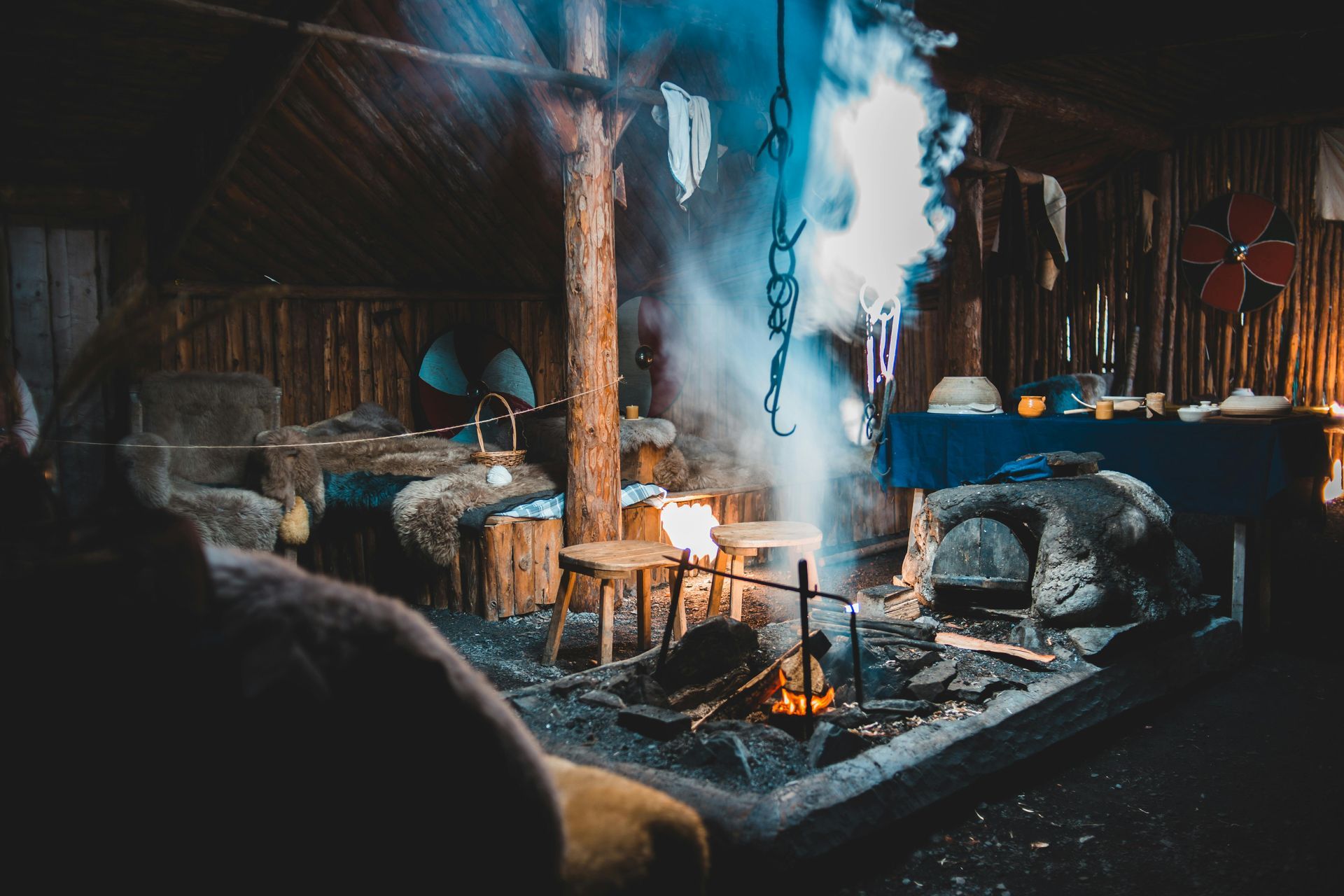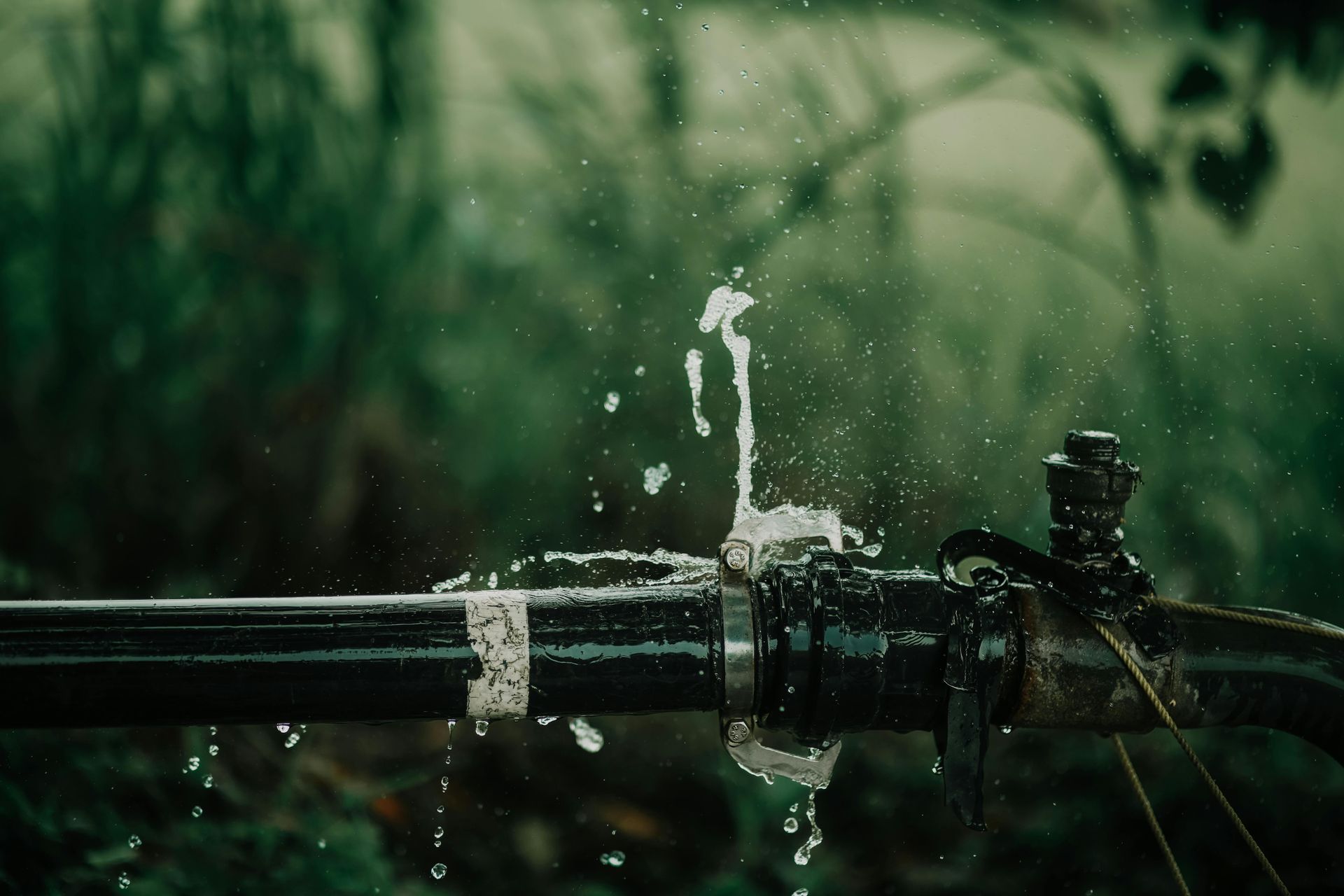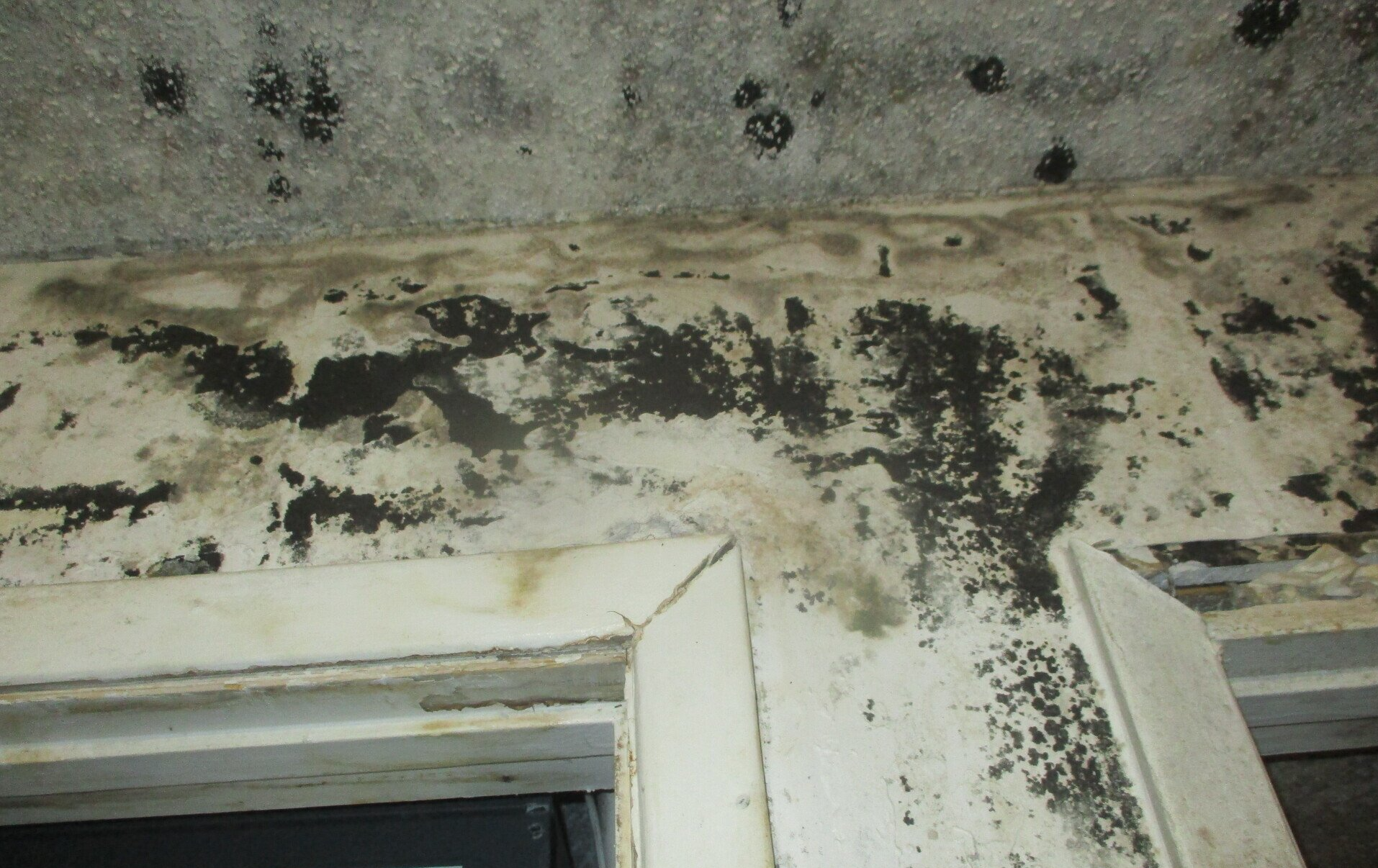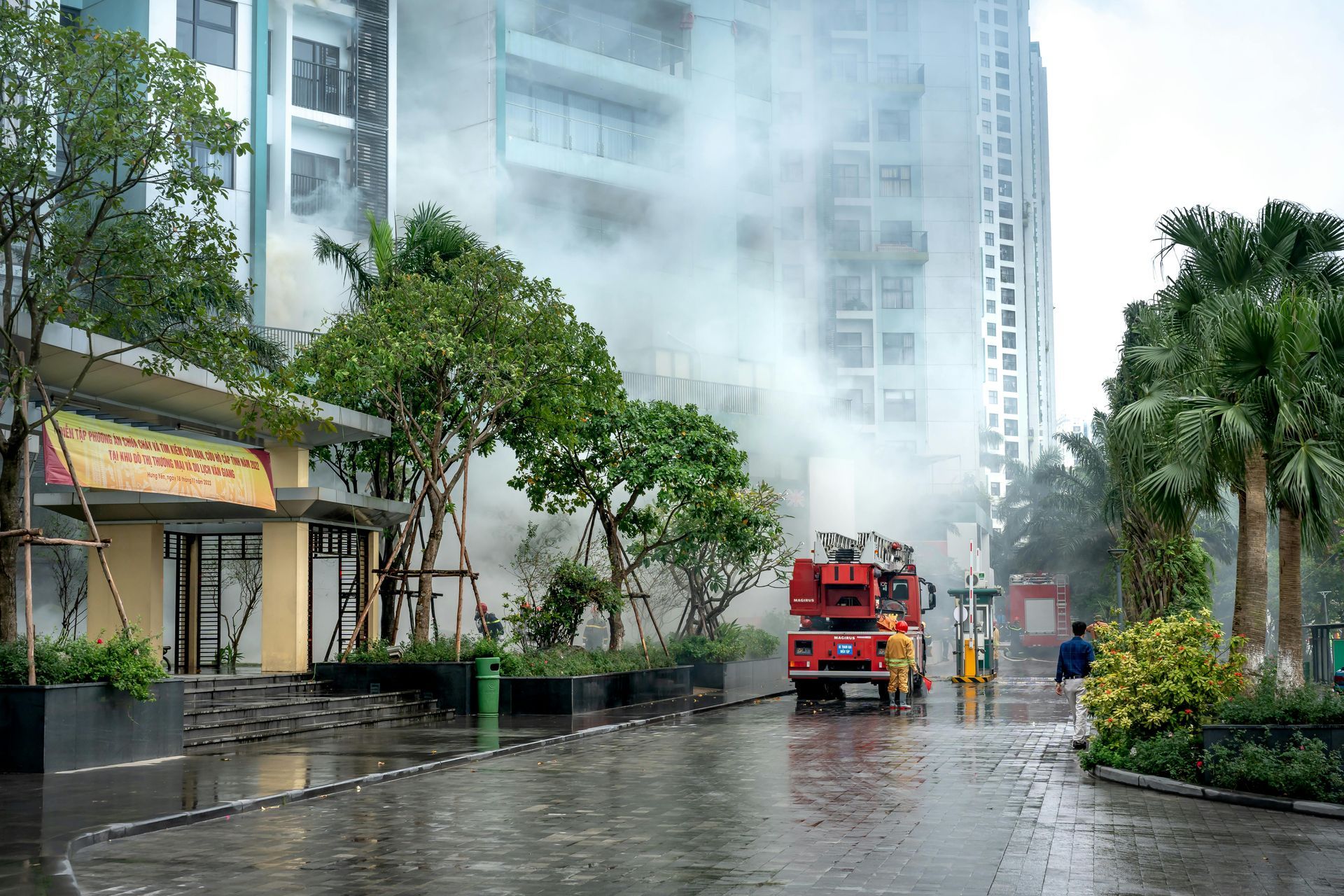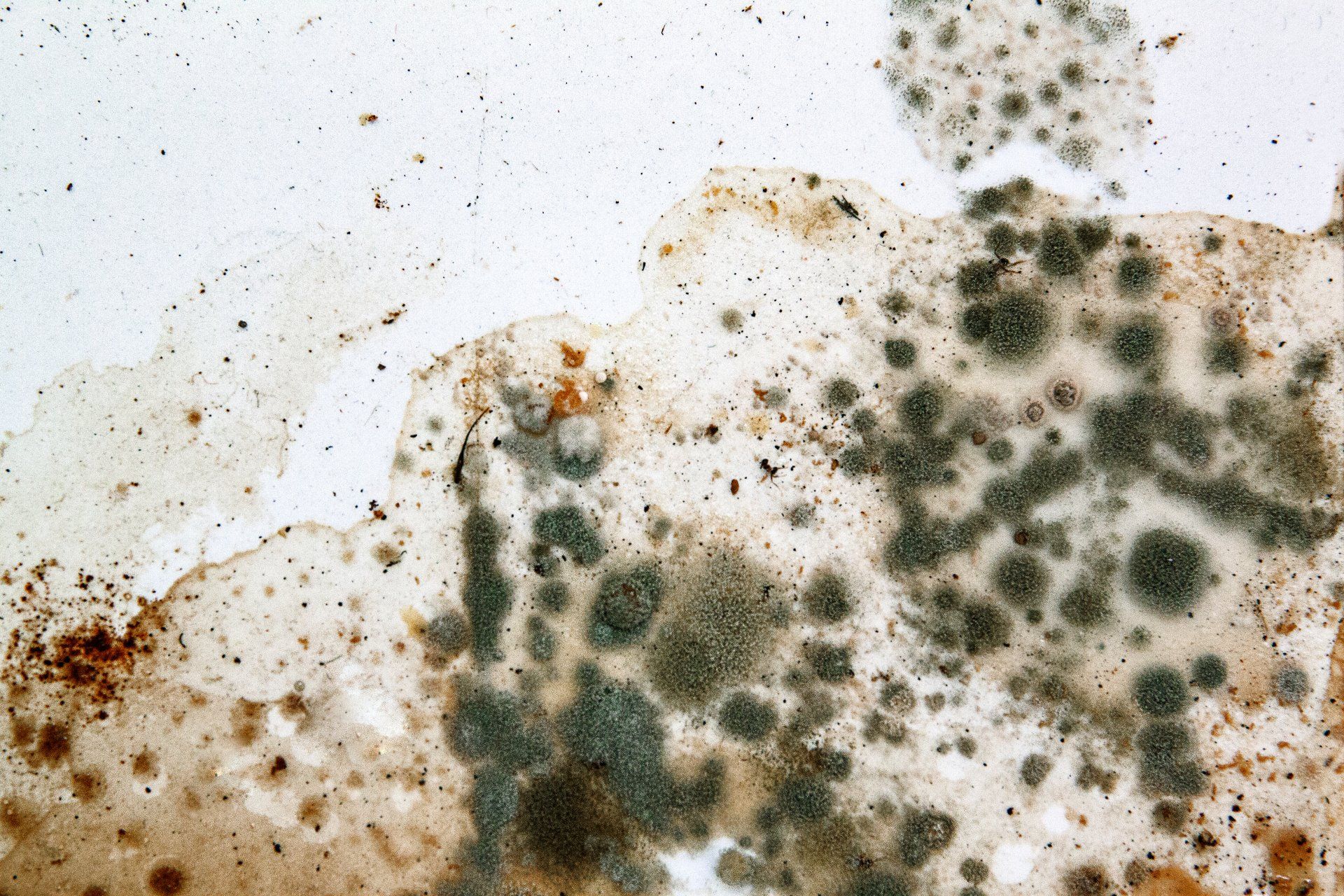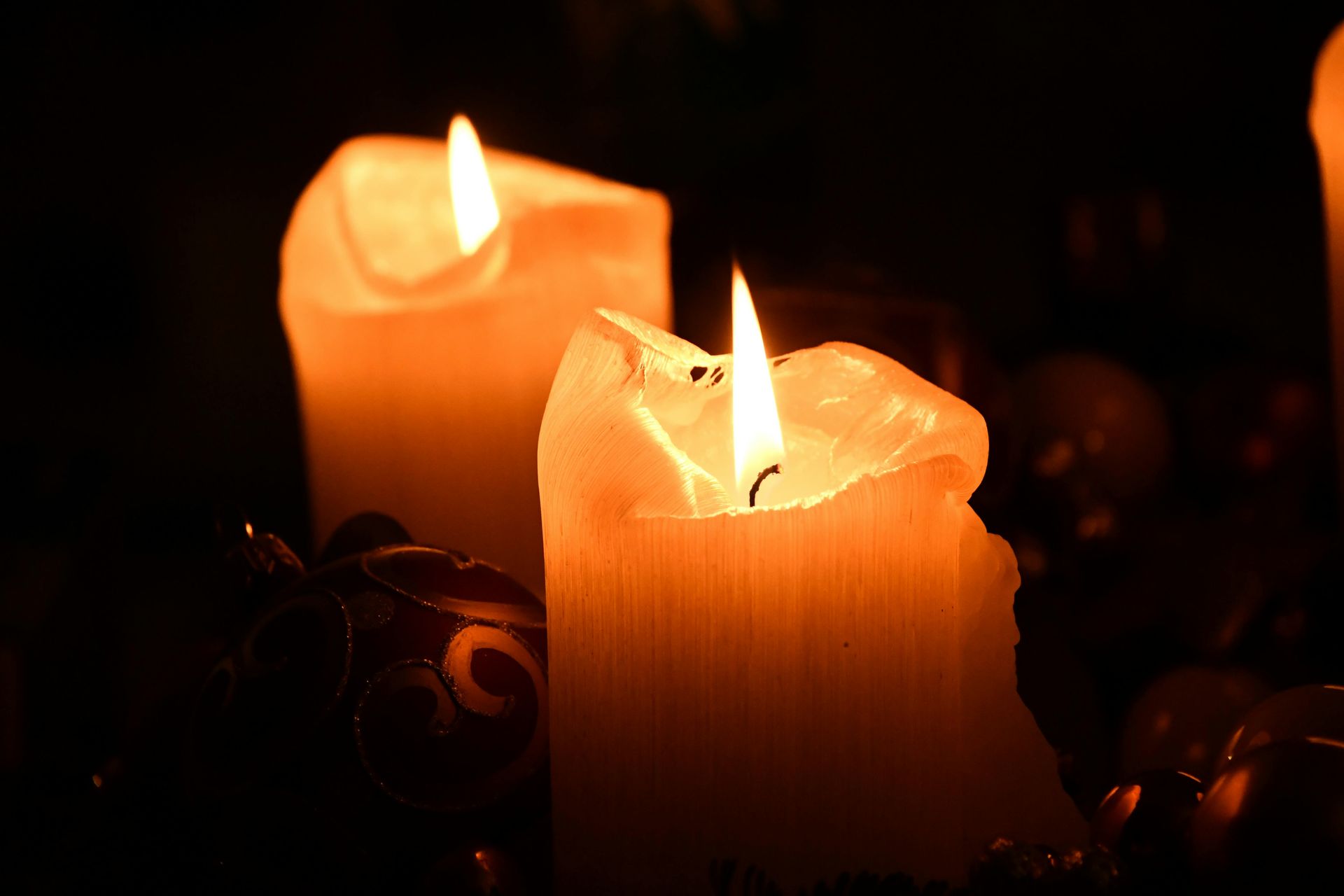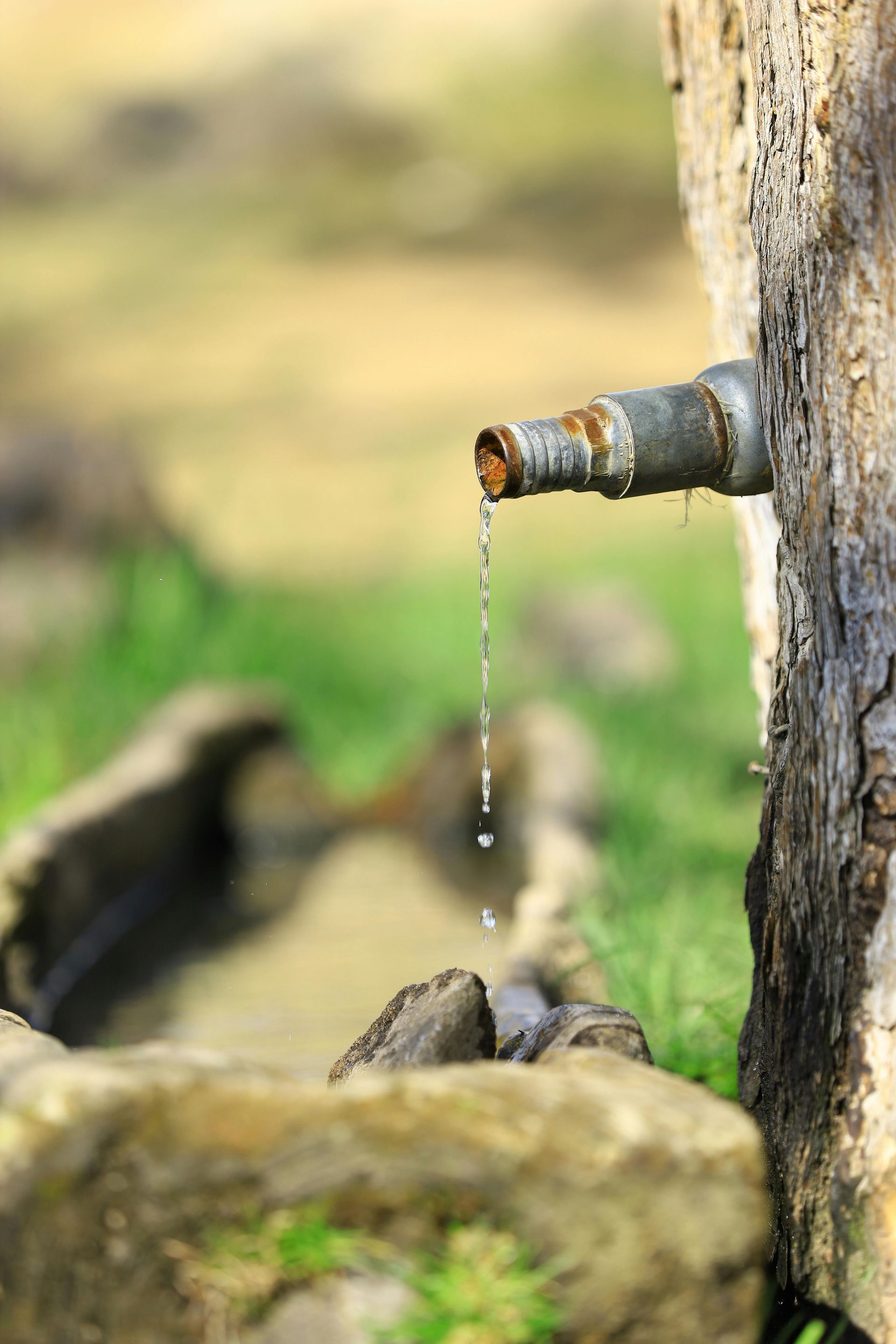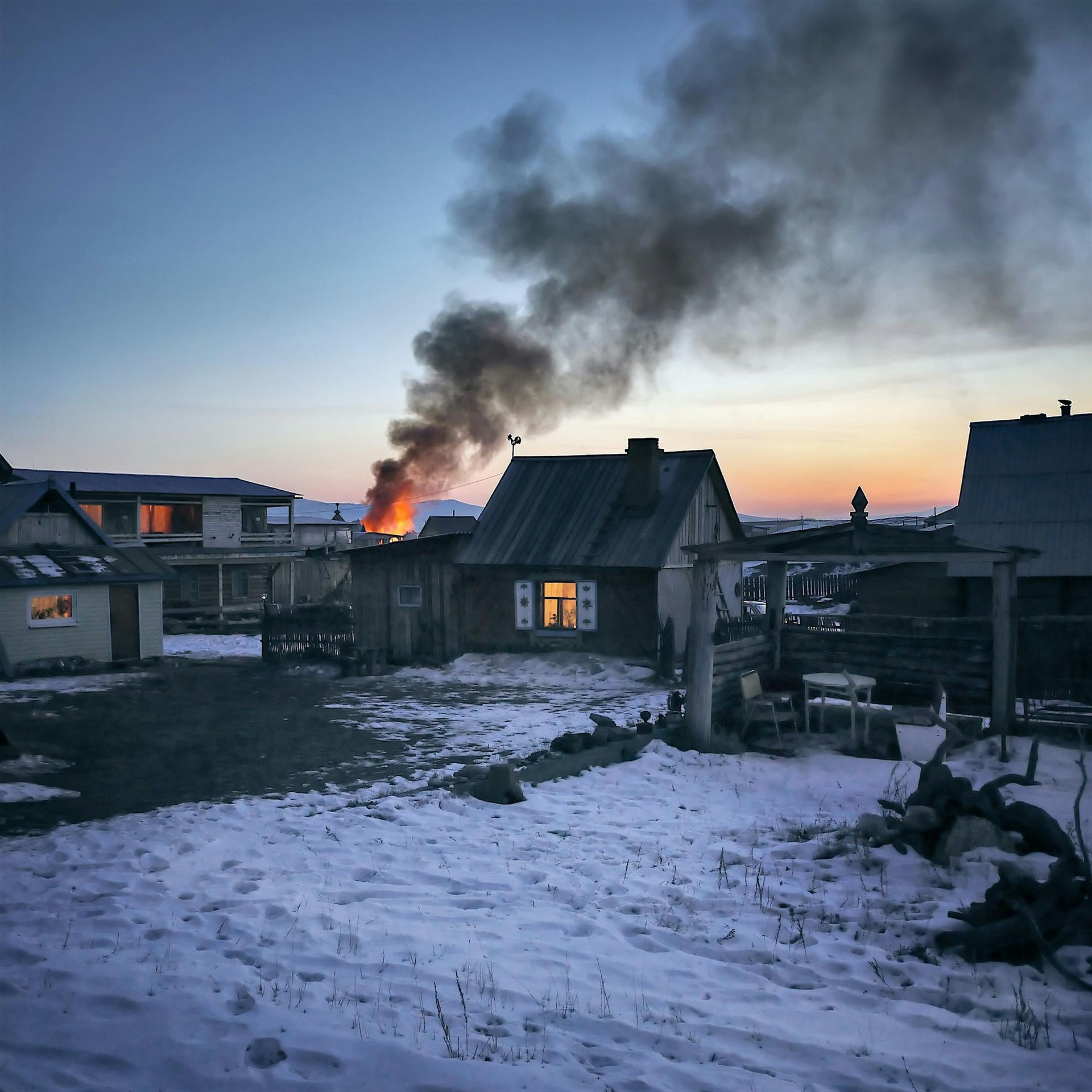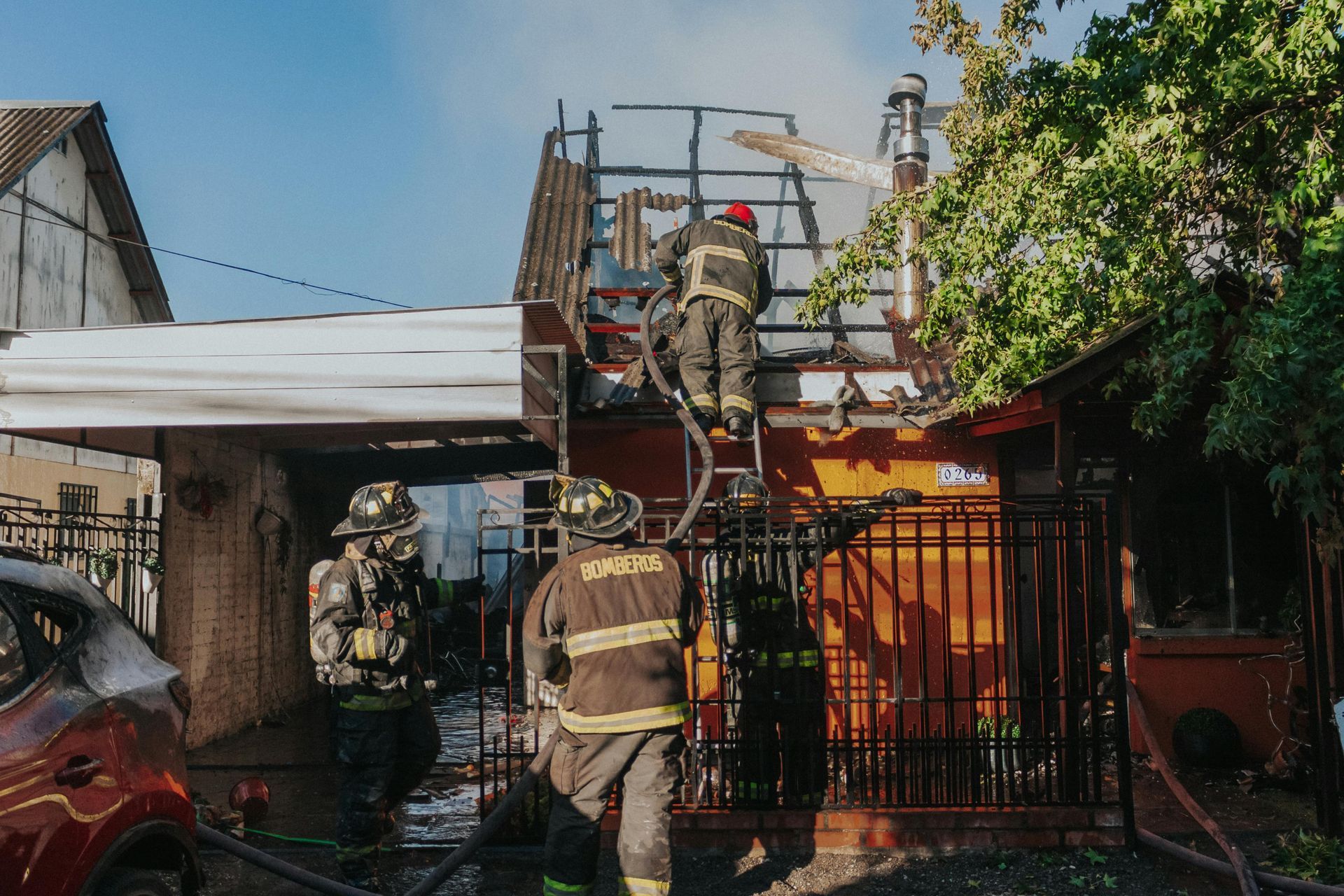Common Causes of Fire Damage in Homes
Unveiling Fire Damage Causes: Common Sources in Homes
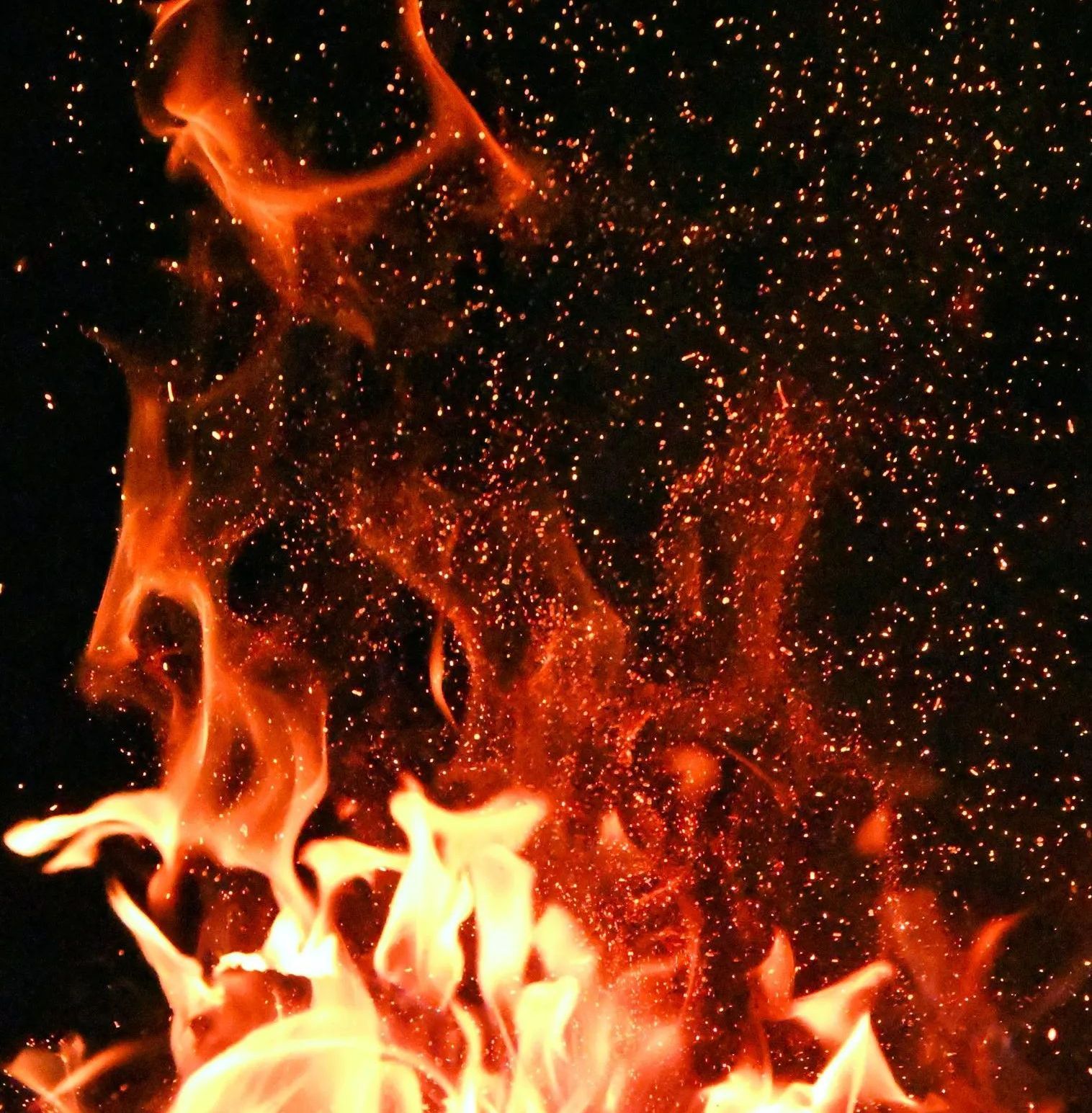
Residential fires are one of the most destructive forces on Earth. Every year, thousands of homes suffer from fire damage caused by a variety of sources. A better understanding of the causes of such fires and the preventive measures that can be taken to protect our homes is essential for preventing future fires. In this guide, we'll discuss the most common residential fire damage causes and how to protect yourself with preventive measures.
We'll start by discussing some of the most common causes of residential fires – from kitchen accidents to electrical malfunctions. We'll also give advice on conducting regular inspections at home to identify potential risks and how to manage those risks safely. Additionally, we'll cover the importance of having working fire alarms in the home and how to properly store hazardous materials such as chemicals or flammable liquids. Finally, we'll discuss what you should do if a fire does occur in your home.
Fire Damage Statistics in Residential Settings
According to the Federal Emergency Management Agency (FEMA), there are nearly 500,000 structure fires reported in the United States each year. Of those, an estimated $9.5 billion in property damage occurs annually. The National Fire Protection Association also reports that, on average, every 24 seconds, a fire department responds to a fire somewhere in the country.
These numbers, while sobering, only begin to scratch the surface of the full scope of fire damage. Beyond financial losses, there is an emotional toll that can be just as devastating. The loss of one's home or other property can have a profound effect on individual lives and families, causing stress and hardship for those affected.
Understanding the Nature of Fire
Fire is a chemical reaction between fuel, oxygen, and heat that releases light and heat. This chemical reaction can cause extensive damage to structures and property in residential settings if left unchecked. In this guide, we'll discuss the causes of fire damage in homes and ways you can prevent it from happening.
One of the most common causes of fire damage in homes is an improperly installed heating system. When a furnace or other heating device is not properly installed, the heat generated by the appliance can accumulate and ignite combustible materials nearby, such as furniture, drapes, and carpets.
Common Causes of Fire Damage in Homes
Fire safety education is critical to preventing home fires. It is important to understand the common causes of residential fires to help reduce the risk of a blaze occurring in your household.
The most frequent cause of home fires is cooking accidents, such as leaving food unattended on the stove or in the oven. To avoid this, never leave cooking food alone, set a timer as a reminder, and keep flammable items like oven mitts and paper towels away from stovetops.
Another major cause of household fires is electrical malfunctions. Always use surge protectors when connecting multiple appliances to a single outlet, and check for frayed or worn wires in your home.
Cooking Equipment
Cooking equipment is one of the leading causes of home fires. Grease or oil that overheats and catches on fire, unattended stovetops, or ovens being left on for too long are all common culprits. According to the National Fire Protection Association (NFPA), cooking-related fires account for 43% of all reported home fires and 45% of associated civilian fire injuries nationwide.
Homeowners should take preventive measures to avoid cooking-related fires. Be sure to stay in the kitchen when you are frying, grilling, or boiling food—never leave these items unattended. Clean your oven often to prevent oil buildup that could cause a fire. Check to make sure your stovetop and oven are off before leaving the house.
Electrical Equipment and Faulty Wiring
Having an outdated electrical system can be extremely dangerous and is a major contributor to residential fires. Some signs that you may have an outdated electrical system include flickering lights, warm plug outlets, sparks from outlet plugs when plugged in, and overloaded circuits. If you notice any of these symptoms in your home, it is important to contact an electrician as soon as possible.
Overloaded electrical systems can also cause fires. With an overloaded system, breakers trip often, and you may find that a single outlet is powering multiple appliances or devices. To help prevent this issue, try using a surge protector for larger electronics and avoid plugging too many extension cords into the same outlets.
Heating Equipment
Heating equipment like space heaters, fireplaces, and wood stoves can be potential sources of fires in the home. To avoid these risks, it is important to regularly inspect your heating equipment and never leave them unattended. It's also a good idea to keep all combustible items away from any open flames, such as curtains or furniture.
When using any heating equipment, it is important to never leave them running overnight and make sure the area around them is well-ventilated so that carbon monoxide does not build up. Also, be wary of plugging multiple items into a single outlet, as this may overload the wiring in your home and cause a fire hazard.
Smoking in Bedrooms
Smoking indoors can be particularly dangerous, especially in bedrooms. Every year, smoking causes more than 3,000 fires in homes across the United States alone. As a result, hundreds of people are injured, and tens of people are killed each year due to indoor smoking-related fires.
When it comes to fire safety, smokers must take extra precautions. All smoking materials should be completely extinguished prior to leaving the room, and all flammable items, such as bedding, curtains, and furniture, should be kept away from any lit cigarettes or cigars. If possible, it's recommended that smokers only smoke in areas outside the home and well away from doors or windows.
Smokers can also reduce the risk of indoor fires by investing in fire-safe cigarettes, which are designed to self-extinguish if left unattended.
Candles
Candles can be a beautiful addition to any home, but the potential for fire damage is real. Taking some simple precautions will help you to use candles safely.
First and foremost, never leave candles burning unattended. Burning candles should always be monitored and should be extinguished when leaving a room or going to bed. If you can, use flameless LED candles instead, as they are much safer than traditional flames.
When using real candles, make sure they are placed away from curtains, drapes, furniture, plants, or any other combustible items. Use a sturdy holder placed on a flat, heat-resistant surface, and keep the candle at least three feet away from anything that can burn.
Flammable Liquids
Flammable liquids, such as gasoline, paint thinner, and alcohol-based solvents, pose a fire hazard when not stored properly. Improper storage can lead to combustible vapors that increase the risk of combustion when exposed to an ignition source like heat or electricity. Flammable liquids must be stored in a cool, dry area away from ignition sources. All containers should remain tightly sealed and upright at all times. Storage areas should also be adequately ventilated to prevent buildup of combustible vapors.
When disposing of flammable liquids, use extreme caution to avoid accidental ignition. The preferred method is to transfer the liquid to another container and dispose of it at a hazardous waste facility.
Grills and Barbecues
Grilling and barbecuing are popular activities, but they can also be dangerous if not done properly. It is important to recognize the potential fire hazards associated with these activities.
The most common cause of grill fires is leaving the grill unattended. Grease and fat from food can build up in the burner tubes and ignite when exposed to a flame, resulting in an uncontrolled fire. To prevent this type of fire, be sure to always supervise your grill while it is in use. In addition, gas grills and charcoal grills should also be used with caution as they can also be sources of fire hazards.
The Impact of Fire Damage on Homes
Fires cause devastating damage caused by fire to homes, families, and the environment. Beyond the physical destruction of structures and personal belongings, fire can lead and cause smoke and soot damage that creates an unhealthy living environment for survivors as they try to rebuild. Firefighters' efforts in putting out a fire can also result in extensive water damage throughout affected homes.
For those who have experienced a fire, the emotional and psychological impact can be overwhelming. Families must cope with the trauma of losing personal items, as well as the safety and security that comes with having a home. On top of this, survivors may feel overwhelmed by paperwork, insurance claims, and other complexities of rebuilding their lives after a residential fire.
Fire Safety Measures and Fire Damage Prevention
Protecting your home and family from the devastation of a fire is critical, and there are several simple steps you can take to reduce the risk of fire damage.
The first line of defense is to make sure that safety measures such as fire smoke detectors, fire extinguishers, and an escape plan are up-to-date in your home. Make sure to regularly check your smoke detectors and replace the batteries as needed. It is also a good idea to practice your escape plan with everyone in the house so that it becomes second nature if a real emergency arises. Having these safety measures in place can give you peace of mind and make sure you are prepared for any potential fires.
Recovering From Fire Damage: Restoration and Rebuilding
Restoring a property from fire damage can seem like an overwhelming process, but with the right help, it can be a simple and straightforward procedure. Taking the time to assess the extent of the damage and researching professionals who specialize in fire restoration is essential for success. Sunshine Restoration provides comprehensive services to help you restore your property as quickly as possible so that you can get back to your normal routine.
We offer a full range of fire damage restoration services, including cleaning and deodorizing smoke-damaged items, removing charred debris, and repairing structural damages to the property. Our team can also make sure that all safety hazards, such as toxic particles in the air, are taken care of quickly and thoroughly. Call our professionals today!
